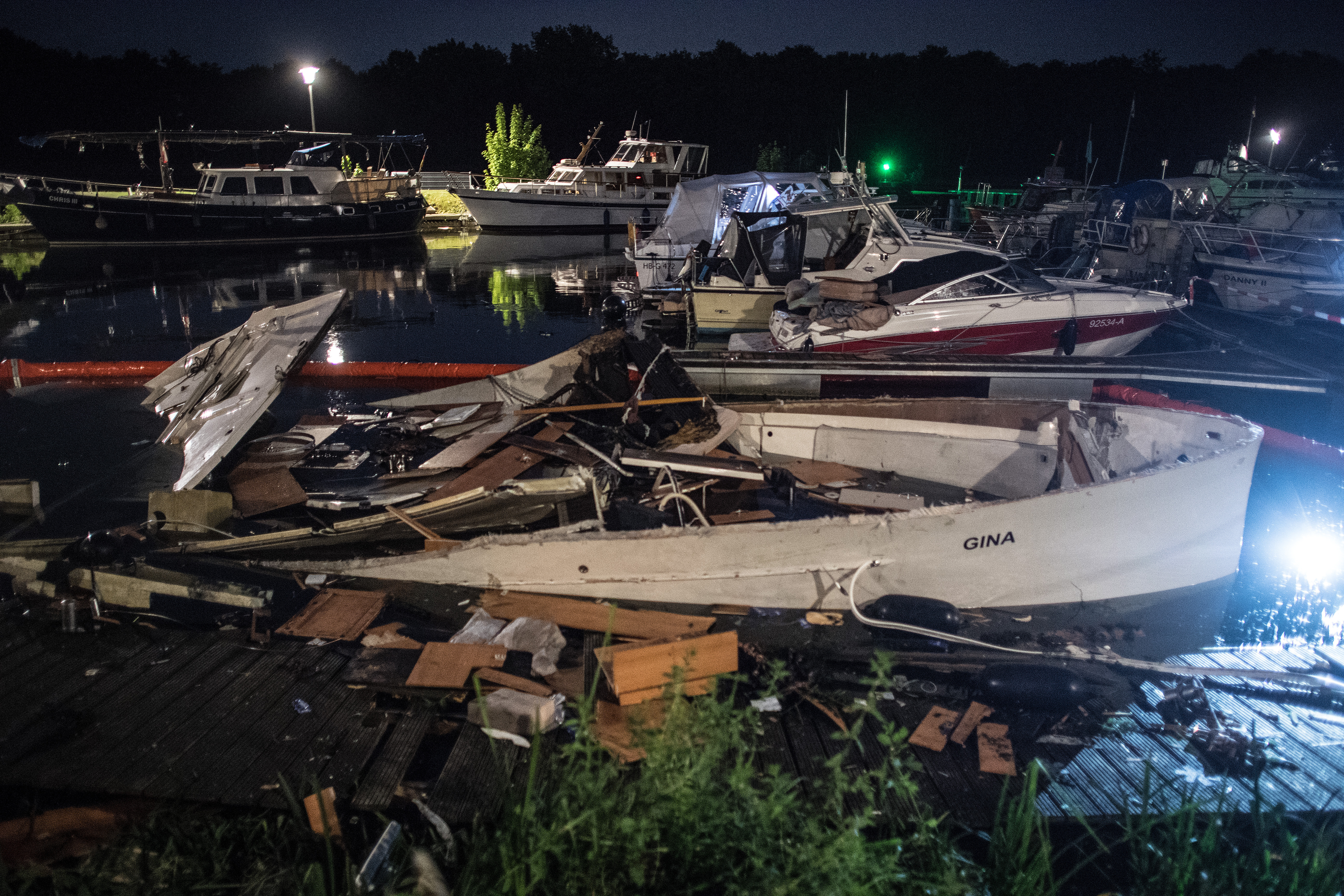600 Tourists rescued by boat as wildfires engulf Calampiso resort in Sicily
Boat owners and fishermen helped evacuate tourists in Calampiso, as wildfires were nearing the seaside resort. Fires have engulfed the Italian regions of Sicily and Campania
600 people who were on holiday in the Sicilian resort of Calampiso had to be rescued by boat after wildfires spread to the area.
Fishermen and boat owners were asked to help evacuating more than 600 tourists who were on holiday in the resort of Calampiso, in the San Vito Lo Capo village near Trapani.
The tourists have been momentarily relocated to a school and hotels in San Vito Lo Capo as they are unable go back to their rooms and apartments. Some have decided to cut their holiday short and return home.

Italian news agency Ansa has reported that no damage has been caused to structures and properties but the smell of smoke is still strong and the evacuated tourists won’t be able to return to the Calampiso resort until Saturday, 14 July. Authorities are currently assessing whether there is damage to the area’s electrical, hydraulic and communication systems.
Italian firefighters, along with the military, are involved in the huge operation of extinguishing the blaze.

The wildfires are currently engulfing a huge area of southern Italy, with the worst affected being near Mount Vesuvius, in the Campania region. Authorities believe the fires have been set intentionally and a man has been arrested.
Continues below…
Catamaran destroyed by fire at Bangor had been stolen, police confirm
North Wales Police have confirmed that the catamaran had been stolen. An investigation is underway into the cause of the…
15 Firefighters injured in yacht explosion in Germany
An explosion on a yacht in Minden, Germany, has left 15 firefighters and one police officer in need of medical
A state of emergency has been declared in the Vesuvius area, with more fires detected in the regions of Sicily, Puglia, Sardinia and Calabria.
Around 900 firefighters have been deployed in 1,200 missions to extinguish and contain the wildfires.
The Vesuvius National Park is being patrolled and all access to the area has been blocked to contain the fires and look for arsonists.
Italian Environment Minister Gian Luca Galletti has announced the possibility of increasing the number of military authorities in the affected areas.
Temperatures in southern Italy have reached the 40 degrees celsius this summer, after a period of very little rainfall, leaving the nearby vegetation very dry and vulnerable to fires.











